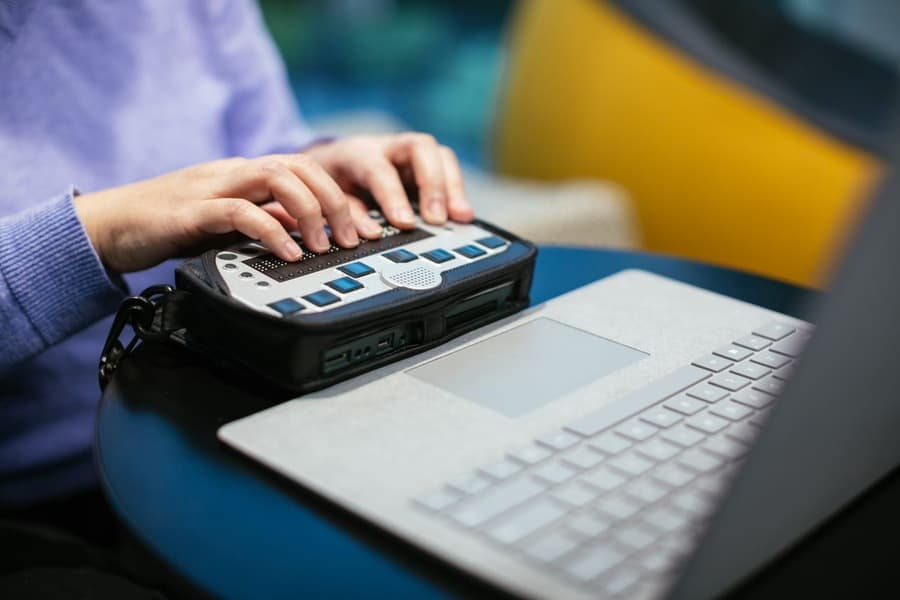Microsoft launches new tools to make its technology accessible for people with reduced mobility
Technology giant Microsoft has revealed that it is expanding its 3D printed grips for pens for people with reduced mobility, and is launching a tool to help creators produce more inclusive content, and making its screen reader interact seamlessly with accessible accessories.
On 8 March 2023, Microsoft hosted its 13th annual Microsoft Ability Summit, an online event exploring the technology, people, partnerships, and policies driving a more accessible future.
One of the most important aspects of the Microsoft Ability Summit is the announcement of new assistive and accessible technologies from the technology giant.
The firm unveiled that it is extending the customisable 3D printed attachments currently available for the Microsoft Business Pen and Microsoft Classroom Pen 2 to the existing Surface Pen later this year. These pens enable users to draw and write on digital screens. The 3D printed grips offer new ways for users with limited dexterity to grip and use the pens and support their creativity and productivity on Microsoft Surface devices.
For Microsoft 365 – a product family of productivity software, collaboration, and cloud-based services – a new Accessibility Assistant is launching to help creators produce more accessible content. The assistant offers better defaults, real-time remediation, and clear guidance to prevent and correct accessibility issues.
Microsoft also revealed a new Inclusive Design for Cognition Guidebook to help build products for people with various cognitive abilities.
The Windows 11 operating system has also had an accessibility upgrade. Its built-in screen reader, Narrator, was recently upgraded to support more braille displays. Narrator can now interact seamlessly with accessible accessories and the voice access functionality is out of preview, enabling speech navigation access with Microsoft apps throughout Windows 11.
AI was also a big topic at Microsoft’s 13th Ability Summit. Microsoft is focusing on Responsible AI, a framework for building AI responsibly. It includes core principles of development specifically focused on accessibility and disability inclusion: build accessibly, include disability representative data, and innovate. These principles and Responsible AI work in concert to accelerate accessibility.
The Ability Summit also touched on the new AI-powered Microsoft Bing search engine. The intuitive AI search engine offers possibilities like planning an accessible trip or making writing accessible code easier.
Last year, Microsoft teamed up with the World Bank to launch an online “disability data hub” to close the disability gap and inform future policies as part of its aim to help the 15 per cent of people globally who have a disability,



